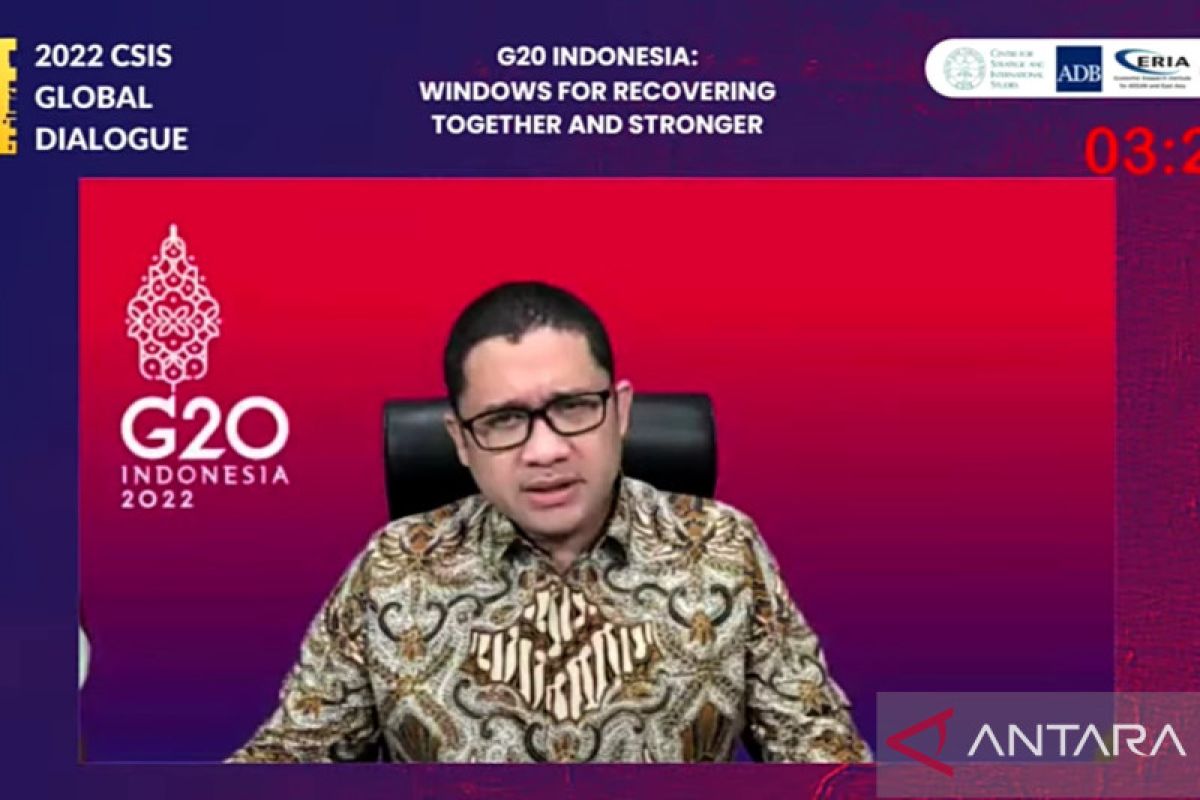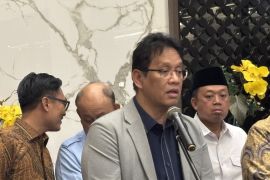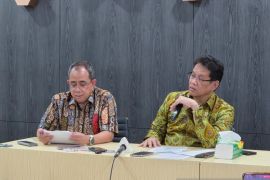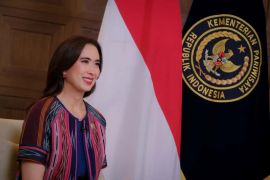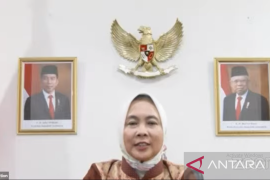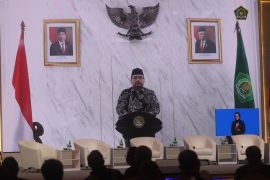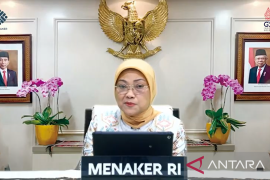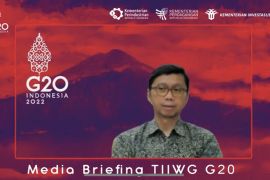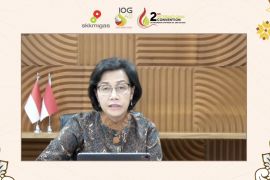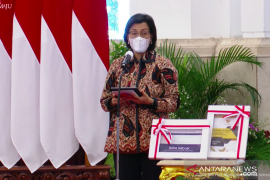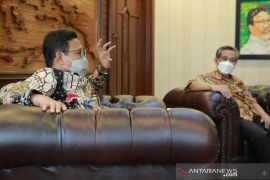"A number of leading economic indicators have continued to show a promising trend," head of the ministry's Fiscal Policy Agency (BKF), Febrio Kacaribu, noted in an official statement released on Monday.
"Indonesia's PMI (Purchasing Managers Index) that increased to 51.9 shows the consistency of the national manufacturing sector expansion," he added.
A continued improvement in economic recovery was estimated during Ramadhan and Eid al-Fitr, when people tend to increase consumption.
The used production capacity in the manufacturing sector also reached 72.45 percent in the first quarter of 2022, or started to approach the average production capacity of 75.36 percent, which was recorded in 2019, that is, before the pandemic.
Amid the geopolitical conflicts occurring globally, the export demand for Indonesian manufacturing products, specifically commodity-based products, has continued to increase.
"Along with this expansion trend, the creation of new jobs is expected to increase along with the rise in workers' wage," Kacaribu said.
"This trend is expected to continue so that the national economy can be stronger and more resilient," he added.
Inflation in April 2022 reached 3.47 percent year on year, reflecting an increase in people's economic activity.
The high mobility during the Eid al-Fitr homecoming period, which was banned for two years, has driven the surge in air and inter-city transportation tariff, he said.
"However, this surge in inflation is still within the national inflation target, which is two to four percent, and it aligns with the ministry's outlook," Kacaribu added.
Related news: Villages still key drivers of national economy: minister
The government has continued to anticipate the risk posed by the COVID-19 pandemic and the surge in global economic fluctuation by making the Eid al-Fitr holiday a benchmark for Indonesia's readiness to transition to the endemic phase.
As a precaution, the state budget has continued to be utilized as a shock absorber to maintain and improve economic recovery and preserve health handling, Kacaribu noted.
In addition, it is also being used to protect the purchasing power of the poor and vulnerable groups, as well as maintain fiscal management to make it healthier and sustainable in the medium-term, he added.
Related news: Expect Eid exodus to economically benefit regions: ministry
Translator: Sanya Dinda S, Fadhli Ruhman
Editor: Rahmad Nasution
Copyright © ANTARA 2022
